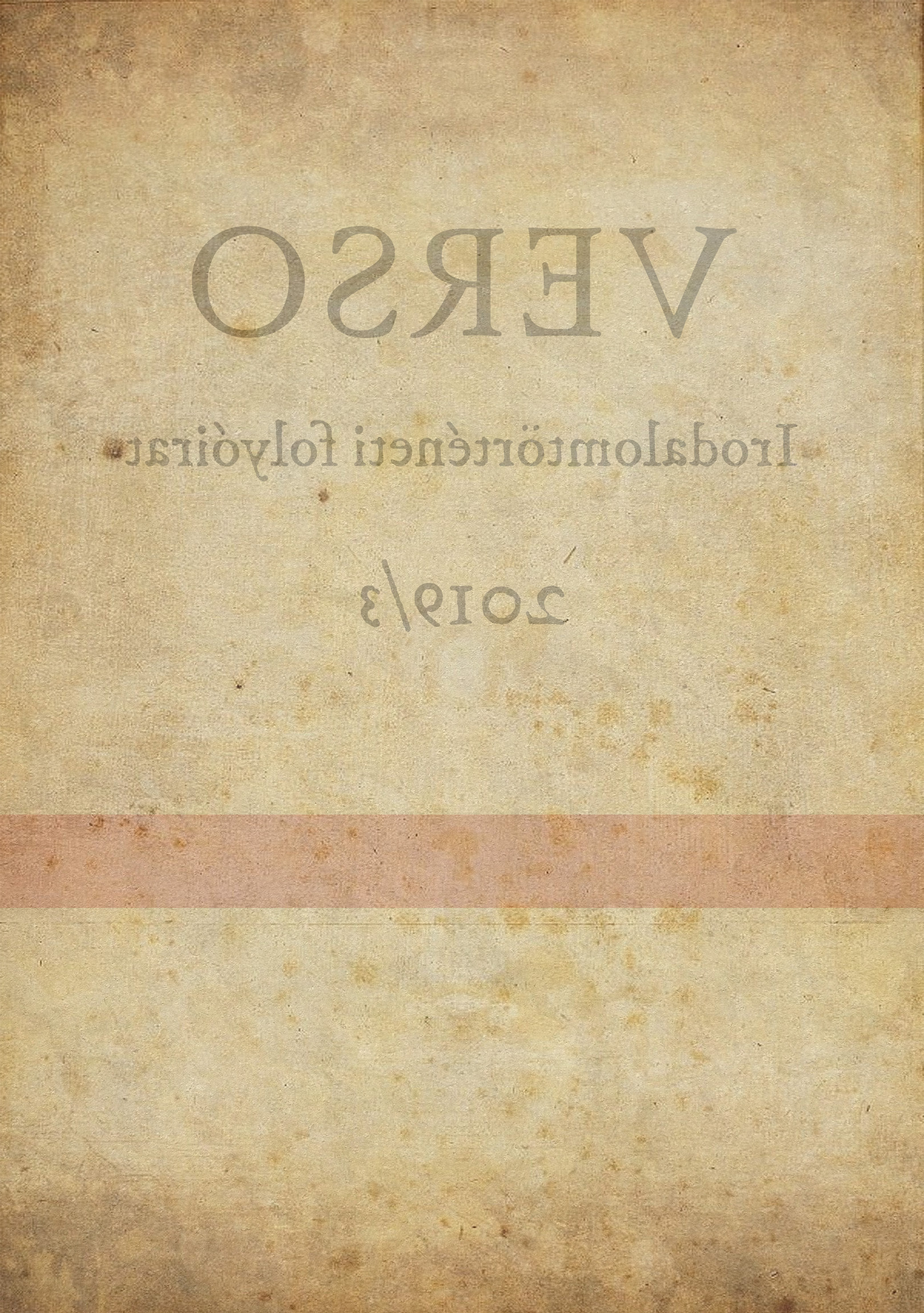Guest Appearance as Reinterpretation
Eleonora Duse Nora-performances in 1892–93
DOI:
https://doi.org/10.15170/VERSO.2.2019.3.28-40Abstract
One of Henrik Ibsen’s most well-known plays is ‘A Doll’s House’, which was premiered in Hungary on October 4. 1889, by the National Theatre’s company in Budapest, starring one of the most popular actresses of that time – namely – Emília P. Márkus. The performance triggered ambivalent responses from the audience: while some critics and viewers were delighted to see it as a world-famous, modern work exploring contemporary social issues, the other side viewed it as immoral and a drama that had a negative impact on society.
In 1892–93, Eleonora Duse was invited for some guest appearances in Budapest and among other plays she showed her talent in the role of Nora to the Hungarian audience. Her presentations provided an opportunity to intensify and to add new nuances of meaning to the debate on female emancipation that had already arisen at the time of the premiere: what can a wife, a mother does if she
realizes that she knows neither her husband, nor herself?

